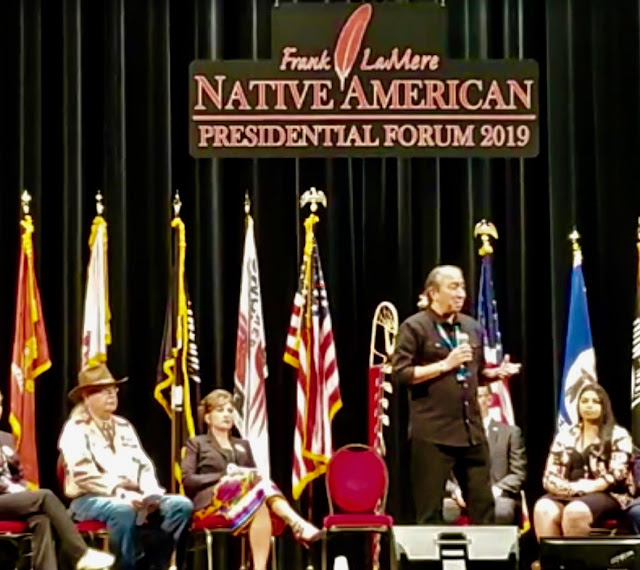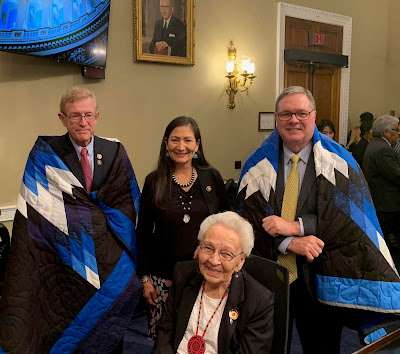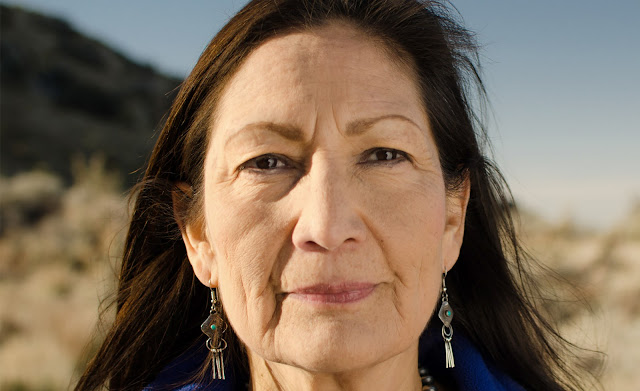Tribes Work for World Heritage Designation of Ohio Earthworks
This article appeared on Rural America In These Times in 2019. For more on topics like this, see my book, American Apartheid: The Native American Struggle.... Ohio’s monumental earthworks were laid out with a “god’s eye view” in mind, says a research team. I n October, Chief Billy Friend of the Wyandotte Nation addressed a crowd in Dublin, Ohio. It was a celebration of the city’s new Ferris-Wright Park , which features examples of the ancient geometric earthworks and mounds, or artificial hills, that dot the state. A newly appointed member of the board of trustees of the state’s history agency, Ohio History Connection, Chief Friend greeted the throng and introduced himself in the Wyandot language. He then shifted to English, explaining that tribal elders chose his name. “It means ‘he who talks a long time,’” he quipped. Responding to nervous laughter, he assured listeners that his remarks would be brief. Ancestors of today’s Native people built the earthen sites bet


